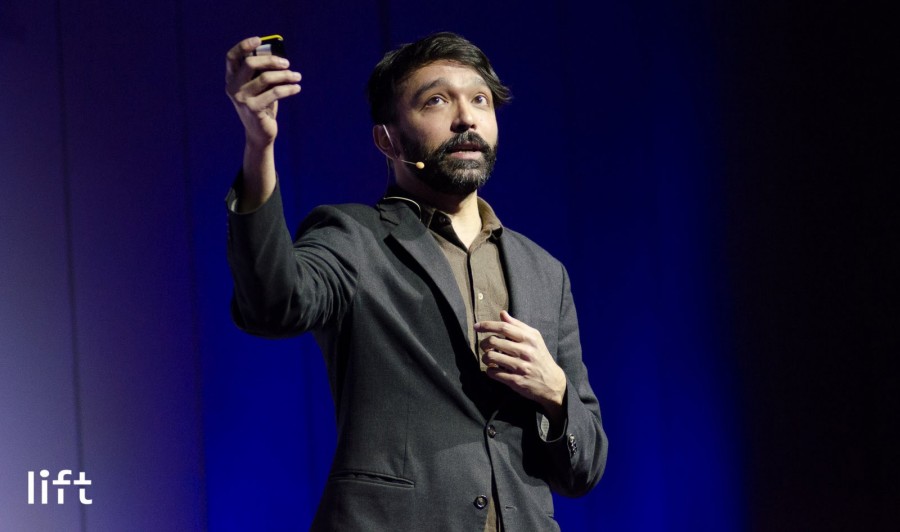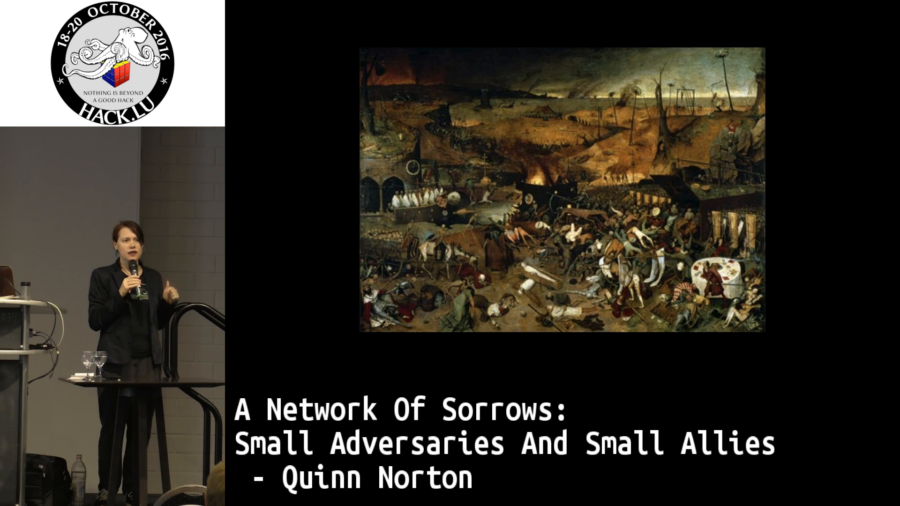Benevolence isn’t inefficient and I’m a big fan of benevolence. It’s just that it’s not enough. It’s okay for a group of twenty-five or fifty people where everyone knows everyone. But when you have 300 million in the US or 7 billion in the world, if we were self-sufficient and we had to produce everything for ourselves we’d all die, or 99% of us would die. So we have to cooperate with each other. But the only way to cooperate with each other in such large numbers is through markets.
Archive
Some of my artist friends think what I’m doing isn’t art, and I’ve given up on art. It’ll take care of itself. You know. I mean it’s always been there, it will always be there, and we always know that new art never looks like art at first, ever. So why should this be any different? We just have to trust the process. And I would say that must be true for every other discipline.
I see a set of constraints facing us in the future, and they’re all going to be very expensive. First is funding retirements for the Baby Boom generation. Second is continuing increases in the costs of healthcare. The third is replacing decaying infrastructure. The fourth is adapting to climate change and repairing environmental damage. The fifth is developing new sources of energy. The sixth is what I see as in all likelihood continuing high military costs. The seventh is the costs of innovation.
I always wonder about people that are very pro-tech on the Left, for example. “Oh, we’ve got to keep all this. Of course. That’d be crazy.” You know, you want to preserve all of the level of technology. The question that occurs to me is, oh so you want to keep how many hundreds of millions of people in the mines, in the smelters, in the foundries, in the assembly lines? I would like to see them be able to do something else. But you’re going to have to keep them there one way or another if you want to have all this stuff.

The scientific method was perfected in the crucible of natural science, and physics in particular. And an old professor of mine once told me that a good theoretical physicist is intrinsically a lazy person. And so these heuristics of ignoring superfluous detail, simplifying the problem to its barest essentials, maybe even making a caricature out of it, solving that simpler problem. If you can’t solve that simpler problem, solve an even simpler problem. This actually works in physics. Because the universe is intrinsically a lazy place.
My main goal is not to die in the first place. I hope to keep living, hopefully long enough that science will have solved the aging problem and I won’t have to die. But since I don’t know how long that’s going to take, cryonics is the real backup policy for me.

